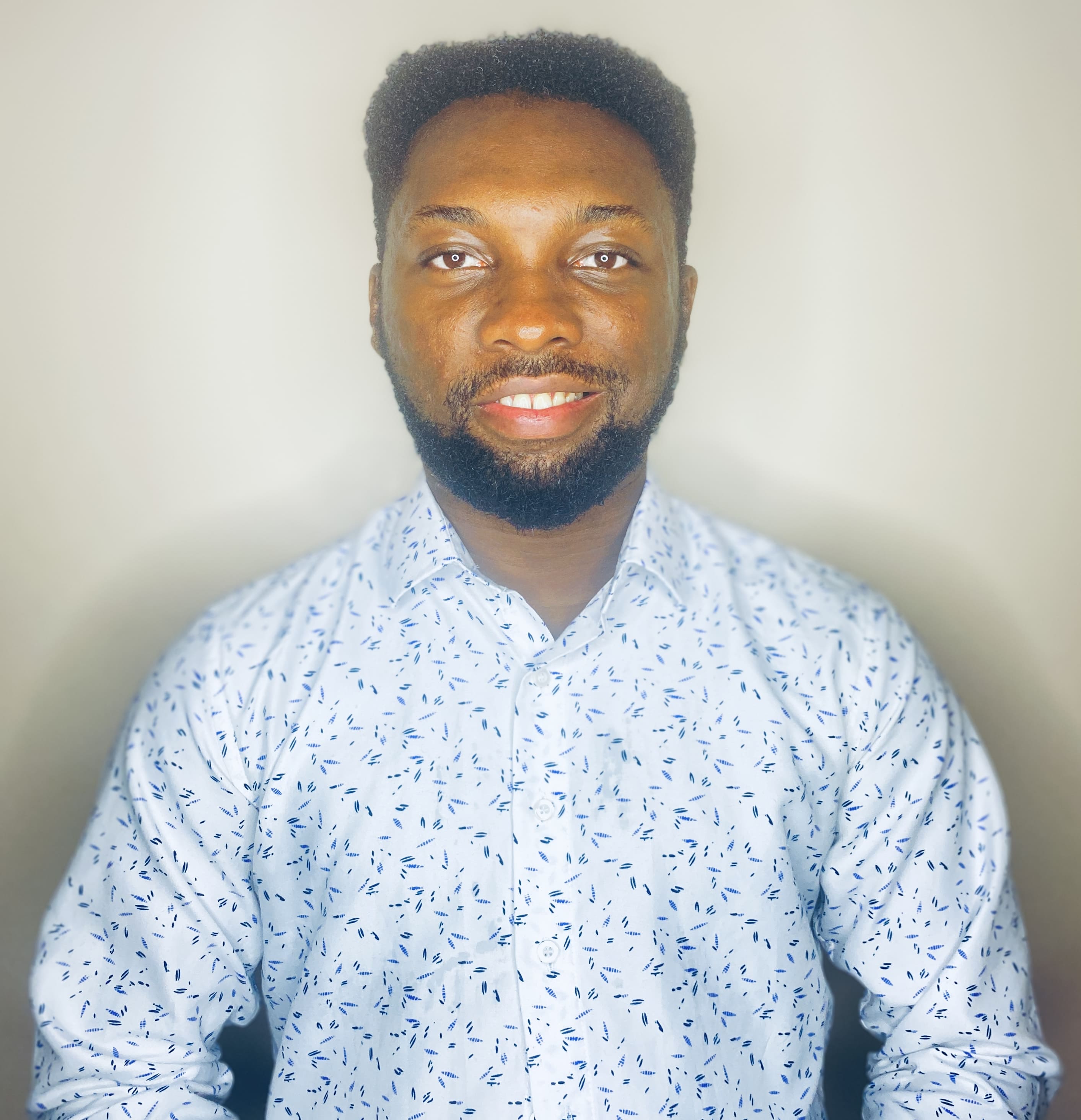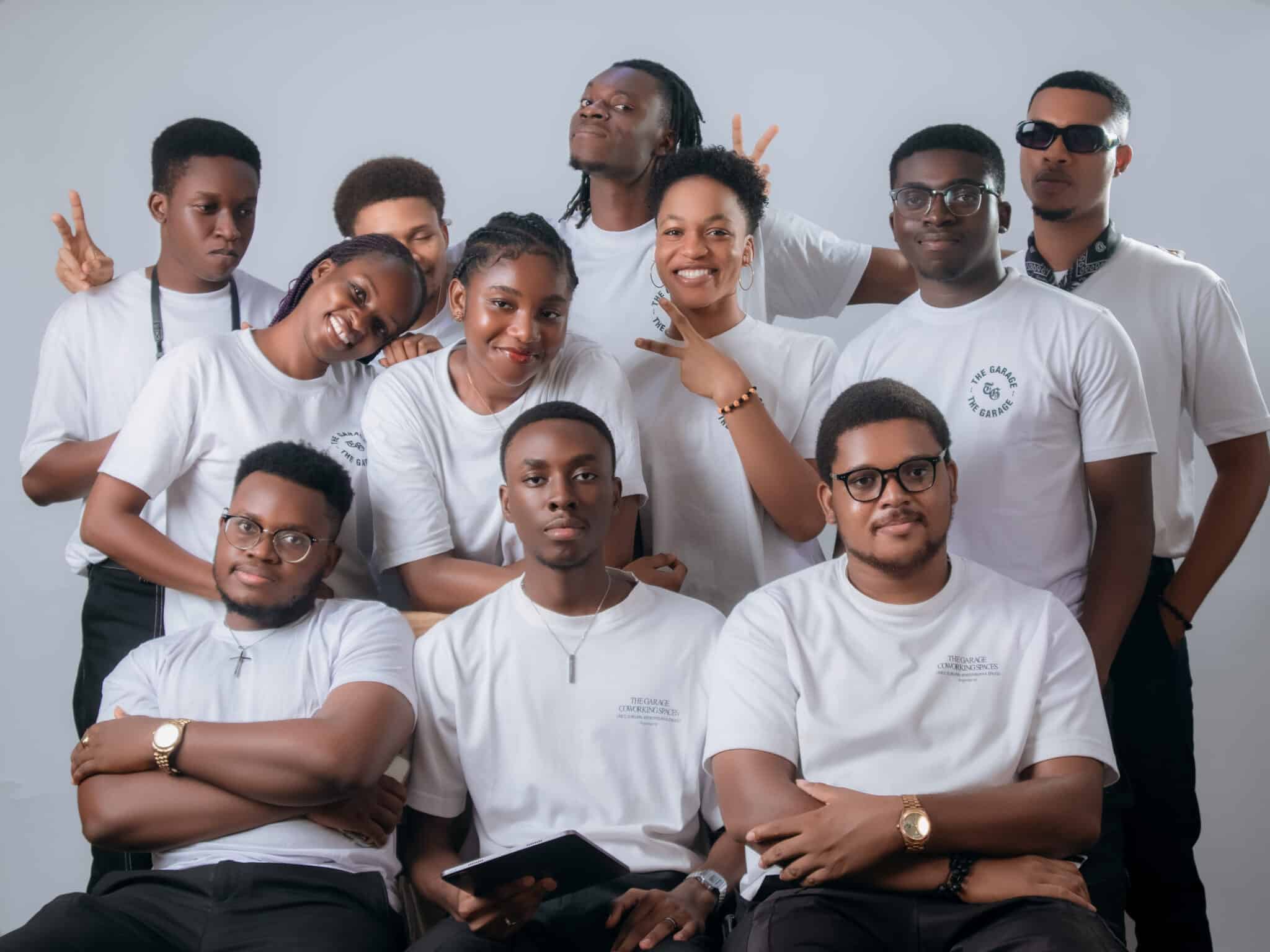Building The Garage: Raymond Chuma-Onwuoku's Story

Kelvin Gobo
May 7, 2025

Many people combine their study with work, and it often ends there. Raymond Chuma-Onwuoku took it a step further: he built a solution to help students be more productive with their work. The epiphany came from an event he attended with his friends.
“How about we bring this experience to people at scale?” he said in our interview.
The Garage is the outcome of the work he and his co-founders have put in over the last two years. They enable students to combine work with their studies, create a space for thriving ideas, and connect students with global opportunities. Raymond’s background in Material Engineering, content strategy and working with international companies plays a significant role in scaling the Garage to more campuses in Nigeria.
Origins of Curiosity and a Change in Direction
Growing up, Raymond was recognised for his academic abilities, particularly in the sciences. Though steered towards science, his natural inclination for communication shone through in activities like the debate club. Initially, under the influence of his dad, he aimed for a career in medicine. However, when he didn’t get into medicine on his first try, it led to a year of self-reflection. During this time, he recognised his strengths in Mathematics and Engineering, ultimately pivoting towards Material Engineering.
His choice of Material Engineering was partly inspired by meeting someone successful in the field, although Raymond sensed the limited opportunities within Nigeria even then. This early awareness hinted at the resourcefulness he would later employ.
The Spark for the Garage
Raymond's transition from Material Engineering to content strategy wasn't planned. Like many students, he needed money and started taking on small writing gigs, like creating crypto articles and social media posts. His engineering mindset quickly focused not just on creating content, but on its impact: "I started thinking about how it was received and distributed, and I naturally moved towards the business part of content, which is content marketing and distribution", he remarked.
The idea for The Garage emerged from direct personal struggle and a moment of clarity. While working remotely during university, Raymond faced constant challenges finding reliable power and a quiet environment. He and others often resorted to working in noisy restaurant VIP sections. A trip to Lagos for a tech event, where he experienced the productivity boost of working from a quiet hotel room with stable internet, proved pivotal. He realised the stark contrast to the challenging conditions faced by the growing tech community back on his campus, where the power supply was erratic. This sparked the core question: "How do we bring this hotel experience to people at scale?"
Building The Garage: Challenges and Ingenuity
There were obstacles to bringing the idea to reality. The initial concept met scepticism, as many in the tech sphere are often hesitant about non-app-based ventures. Finding a suitable space on campus proved challenging, leading them to acquire land and build from scratch. University regulations prohibiting block structures forced them to innovate. Here, Raymond's Material Engineering background unexpectedly came into play: "We had to improvise, that was where the small material engineering experience I had came into play. We used aluminium panels to build, basically some sort of container structure."
Financial hurdles were significant. Raymond and his co-founders funded the project. A sudden national policy change removing fuel subsidies drastically inflated material costs, rendering their initial budget inadequate. They persevered month-to-month: "I will basically just take out non-living expenses and throw everything else in there." Miscalculating the facility's power consumption needs also created major operational headaches, which they tackled gradually using the revenue generated.
Beyond the physical build, managing the space presented behavioural challenges. Creating a productive atmosphere within a university environment, sometimes prone to noise and distractions, required careful community management. They introduced "private hours" and fostered a sense of community, with Raymond initially managing the reception to build rapport. They even developed their space management software and availability tracker when off-the-shelf solutions were too expensive or unsuitable.
Community, Operations, and Future Outlook
Raymond's experience in content strategy informs how The Garage operates and grows. Understanding distribution and reception likely influences their community engagement and expansion plans. His background working remotely for international companies also provided firsthand experience of the standards and needs of remote workers.
The Garage generates revenue primarily from user fees but is expanding into advertising, leveraging the targeted student demographic that is attractive to startups. They also facilitate connections between students seeking work and companies needing talent, drawing on Raymond's success in hiring Nigerian students for international roles.
Operationally, they prioritise minimising costs, notably achieving near-zero electricity expenses through solar power. While acknowledging the financial pressures students face due to inflation, they aim to remain significantly cheaper than alternatives, viewing their service as essential on campus.
Looking ahead, The Garage is expanding, with a second location under construction in Enugu. While initially bootstrapped, Raymond is now open to external funding to accelerate growth: "So right now, we’re open to as much help as possible and to do this in as many locations as possible to expand as quickly as possible". The name "The Garage" reflects this ambition, evoking the spirit of Silicon Valley startups born in humble beginnings, aiming to foster big ideas.
Raymond's advice to aspiring tech professionals emphasises balancing hard skills with crucial soft skills: "being able to communicate clearly, asking questions, and being reliable... people will remember how dependable and easy you were to work with more than just the code you wrote". His journey with The Garage exemplifies this blend of technical problem-solving, strategic thinking, and people-centric community building.


